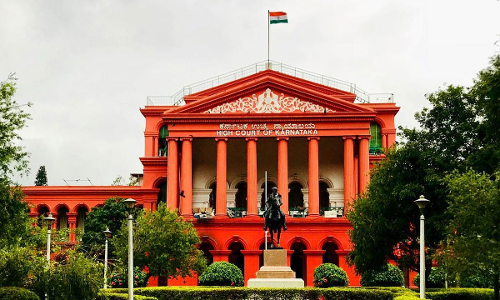
Himachal Pradesh High Court: Failing to Report POCSO Crimes Is a Bailable Offense
Last Updated on November 15, 2023 by News Desk
Issue: Elucidation of the POCSO Act’s Bailability for Failure to Report Crimes
The case’s facts: Regarding whether or not failing to disclose offenses under the Protection of Children from Sexual Offences Act, 2012 (POCSO Act) is a criminal subject to bail, the Himachal Pradesh High Court has heard arguments on it. According to Section 21 of the POCSO Act, failing to disclose child sexual abuse carries a jail sentence of up to six months for individuals and up to a year for those in charge of institutions.
Arguments: Invoking his innocence of any wrongdoing at a hotel he owned and maintained, the petitioner requested anticipatory release. According to the police, the petitioner failed to report the rape of a child that occurred at the hotel. Section 21 of the POCSO Act’s bailability of the offense was the main topic of discussion. The petitioner contended for anticipatory bail, citing ignorance of the offense, while the police emphasized the seriousness of the behavior.
Reasoning: Refusing to report offenses under the POCSO Act is a criminal that might be subject to bail, as Justice Rakesh Kainthla emphasized. The court emphasized that while the POCSO Act itself is silent on the matter, the nature of the offense is ascertained under the Code of Criminal Procedure (CrPC). The POCSO Act’s Section 31 specifically invokes the CrPC in any proceedings before a Special Court, including bail requests. Referring to the CrPC’s categorization of offenses, the court emphasized that an offense is bailable and non-cognizable if the sentence is less than three years. The court determined that it is a bailable offense since Section 21 of the POCSO Act stipulates a maximum sentence of one year in jail.
Judgment: The court upheld the ruling that failure to notify offenses covered by POCSO Act Section 21 is a criminal subject to bail. Since the offense was one that may result in bail, the petitioner’s request for anticipatory bail was deemed unnecessary since the accused is legally entitled to bail. The court emphasized that because the present offense is bailable, the petition could not be maintained under Section 438 of the CrPC, which deals with anticipatory bail. The petition only applies to offenses that are not subject to bail.
Case title: Sushil Kumar v. State of Himachal Pradesh
Written By: Nikita Shankar @nikitaashankar




